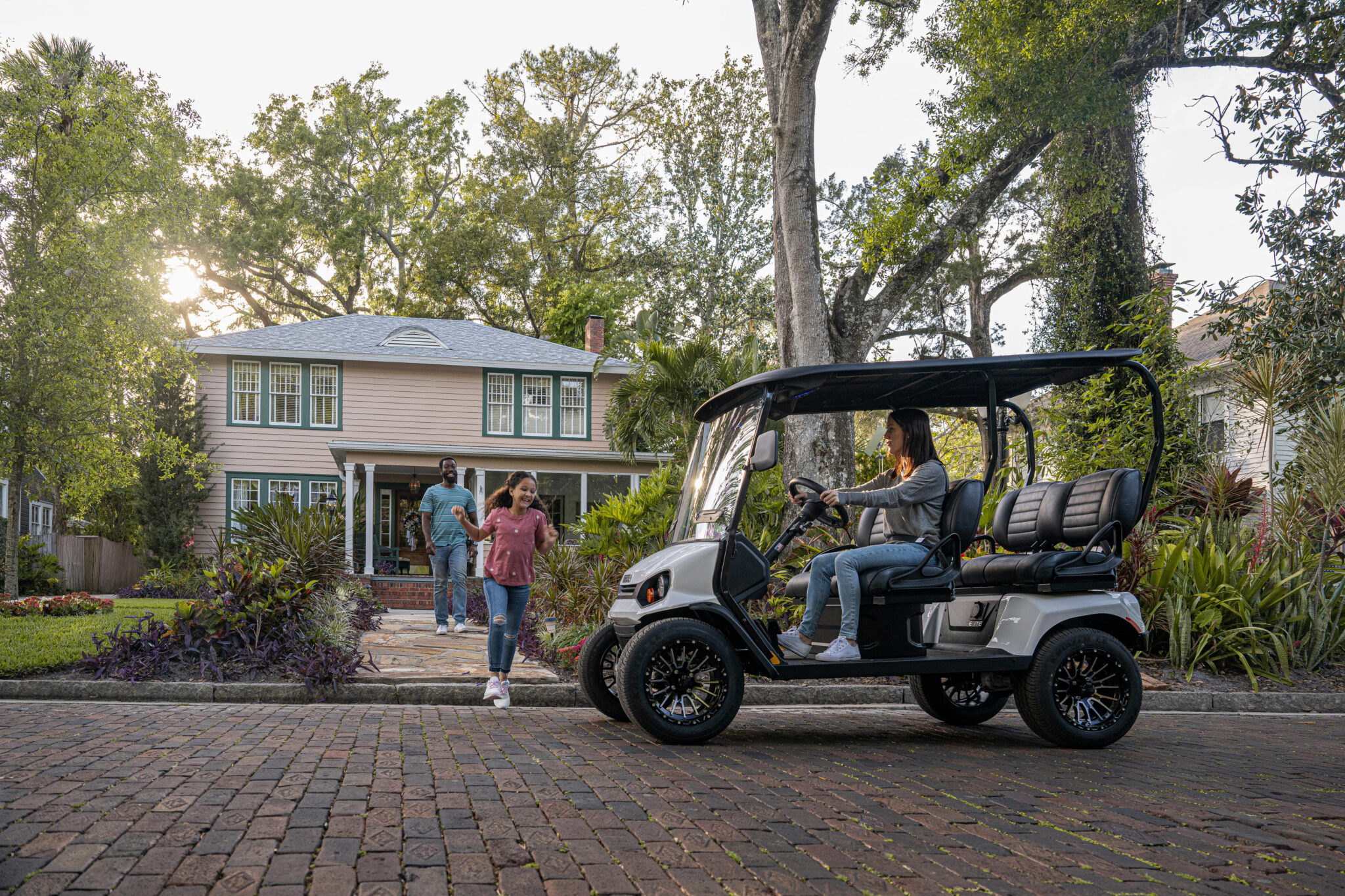
What is the difference between a Nev and a LSV
NEVs (Neighborhood Electric Vehicles) and LSVs (Low-Speed Vehicles) are eco-friendly transportation solutions ideal for short-distance travel, but what sets them apart?
Understanding NEVs and LSVs
A Neighborhood Electric Vehicle (NEV) is a type of battery-powered car designed for use in residential areas, campuses, and gated communities. NEVs are classified by the U.S. Department of Transportation and are legally limited to a top speed of 25 mph (40 km/h). They must be street-legal and comply with federal safety regulations such as seat belts, headlights, turn signals, mirrors, and windshield wipers.
Similarly, a Low-Speed Vehicle (LSV) is a legal category of four-wheeled motor vehicle also designed to operate at speeds no greater than 25 mph. LSVs are often used for the same applications as NEVs, including as golf carts or personal transport vehicles in small communities, resorts, and campuses.
Key Similarities Between NEVs and LSVs
- Both NEVs and LSVs are electrically powered and offer an environmentally friendly alternative to gasoline-powered cars.
- Both vehicle types are limited to a maximum speed of 25 mph, making them ideal for low-speed environments like residential areas and campuses.
- Each must meet certain federal safety standards to be legal for public road use, such as lights, mirrors, seat belts, and a windshield.
- They are commonly used as golf carts or for local commutes within neighborhoods, retirement communities, and private property.
What Sets NEVs and LSVs Apart?
While the terms NEV and LSV are sometimes used interchangeably, there are technical and regulatory nuances. “NEV” is a broader term that includes electric vehicles used in neighborhood settings, whereas “LSV” is a federal safety classification that defines a specific legal status. In short, all NEVs that are road-legal are considered LSVs, but not all LSVs are considered NEVs, especially if they run on fuel or hybrid systems.
NEVs are typically 100% electric and often marketed specifically for use in neighborhoods. LSVs, by definition, focus on speed and safety regulations and may have varied applications, including small utility vehicles.
Which One is Right for You?
If you’re looking for a reliable, street-legal personal transport vehicle or golf cart, both NEVs and LSVs are excellent choices. The right option depends on how and where you plan to use the vehicle. For neighborhoods and private roads, an NEV may be more tailored to your needs. For a broader range of uses, including commercial or utility purposes, an LSV might offer more flexibility.
No matter your choice, always ensure your vehicle complies with local and federal laws. Tara Electric Vehicles offers a range of compliant and customizable electric transport solutions to meet your needs.
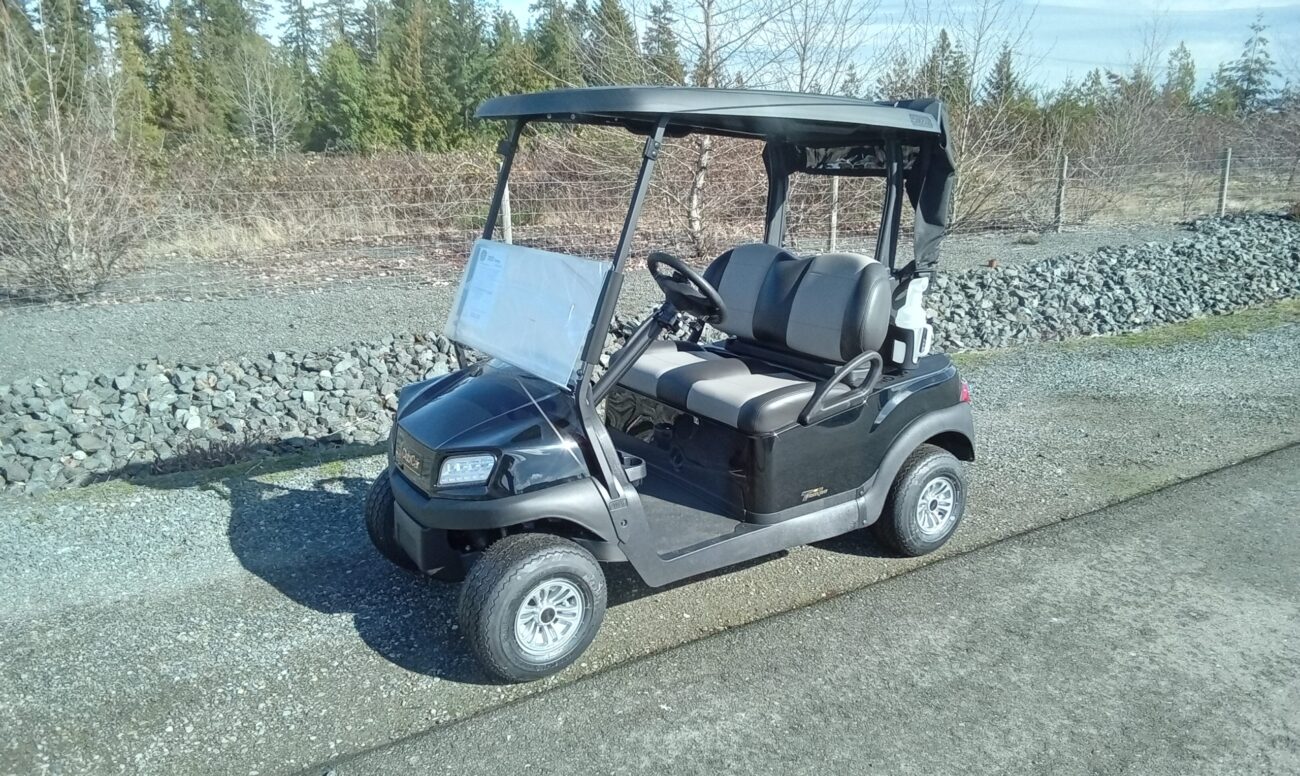
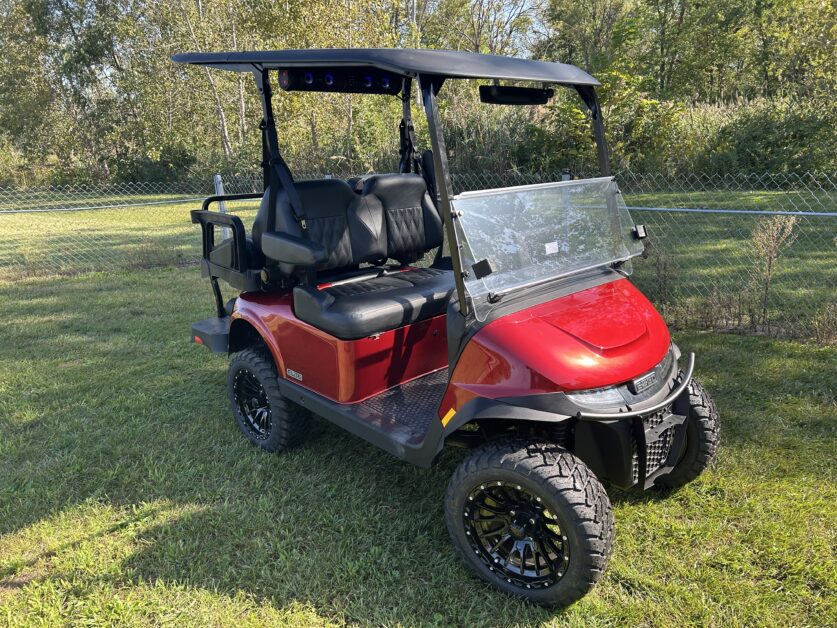
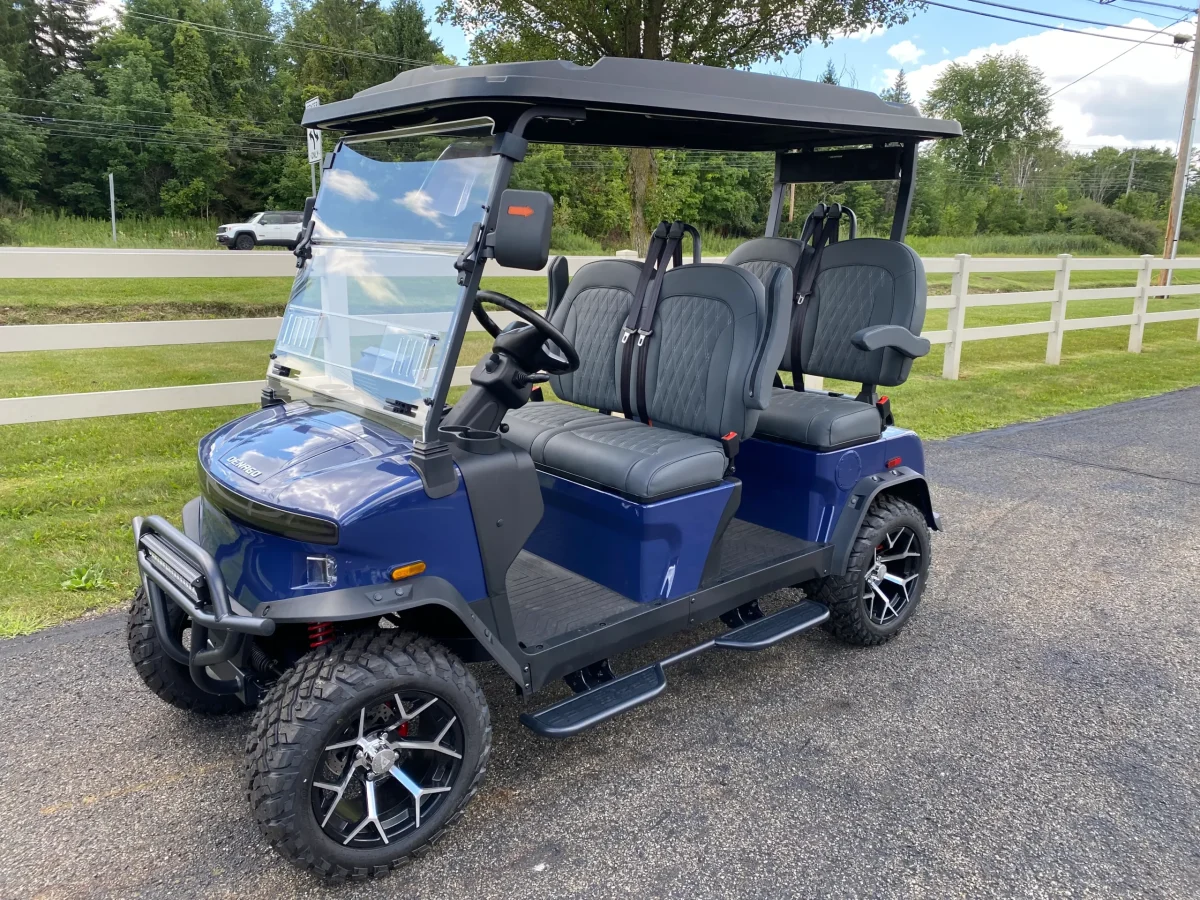
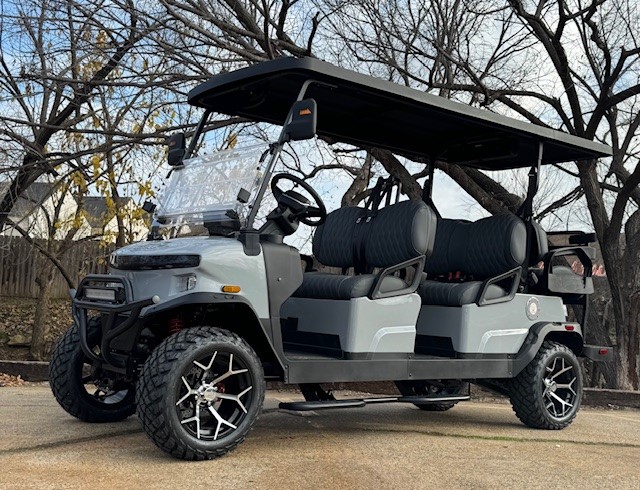
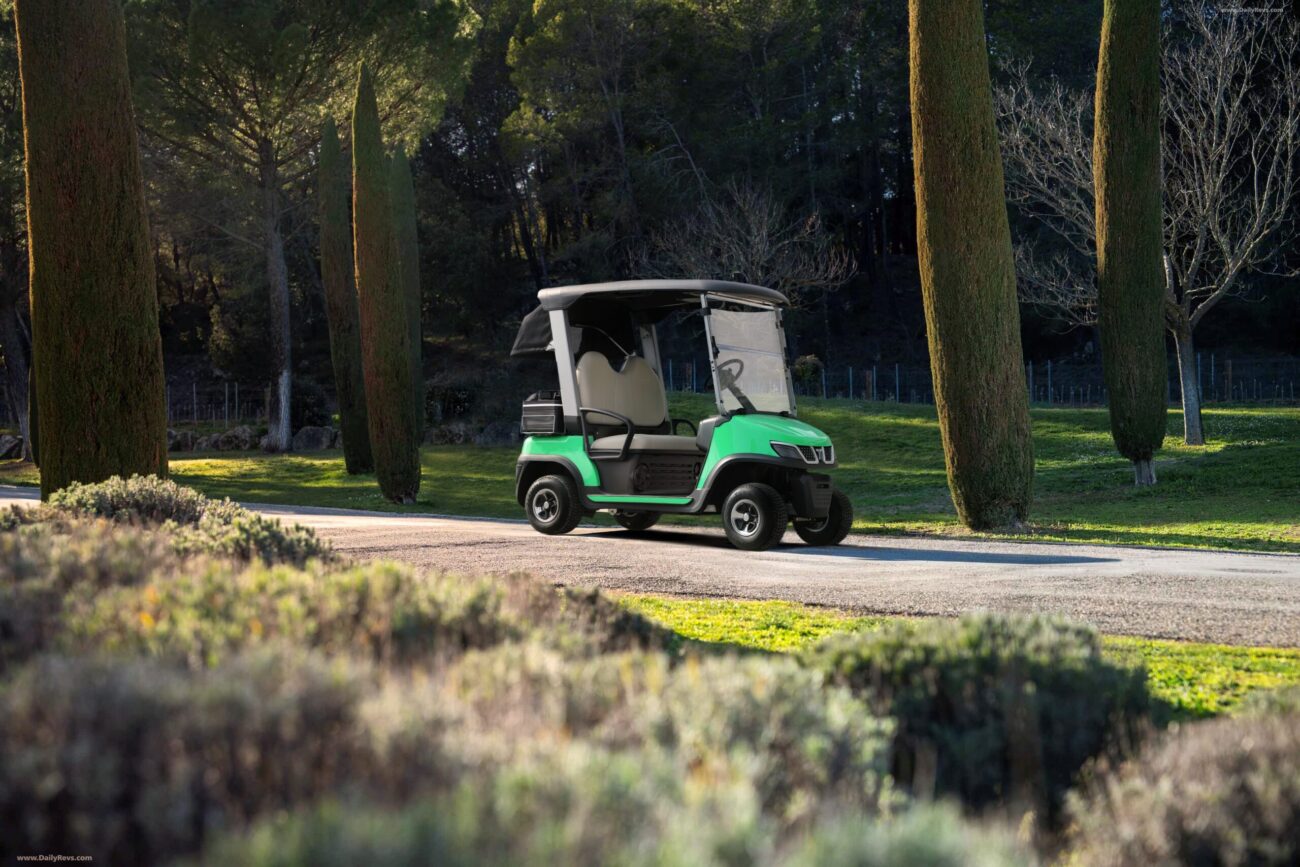
Add a review
Your email address will not be published. Required fields are marked *